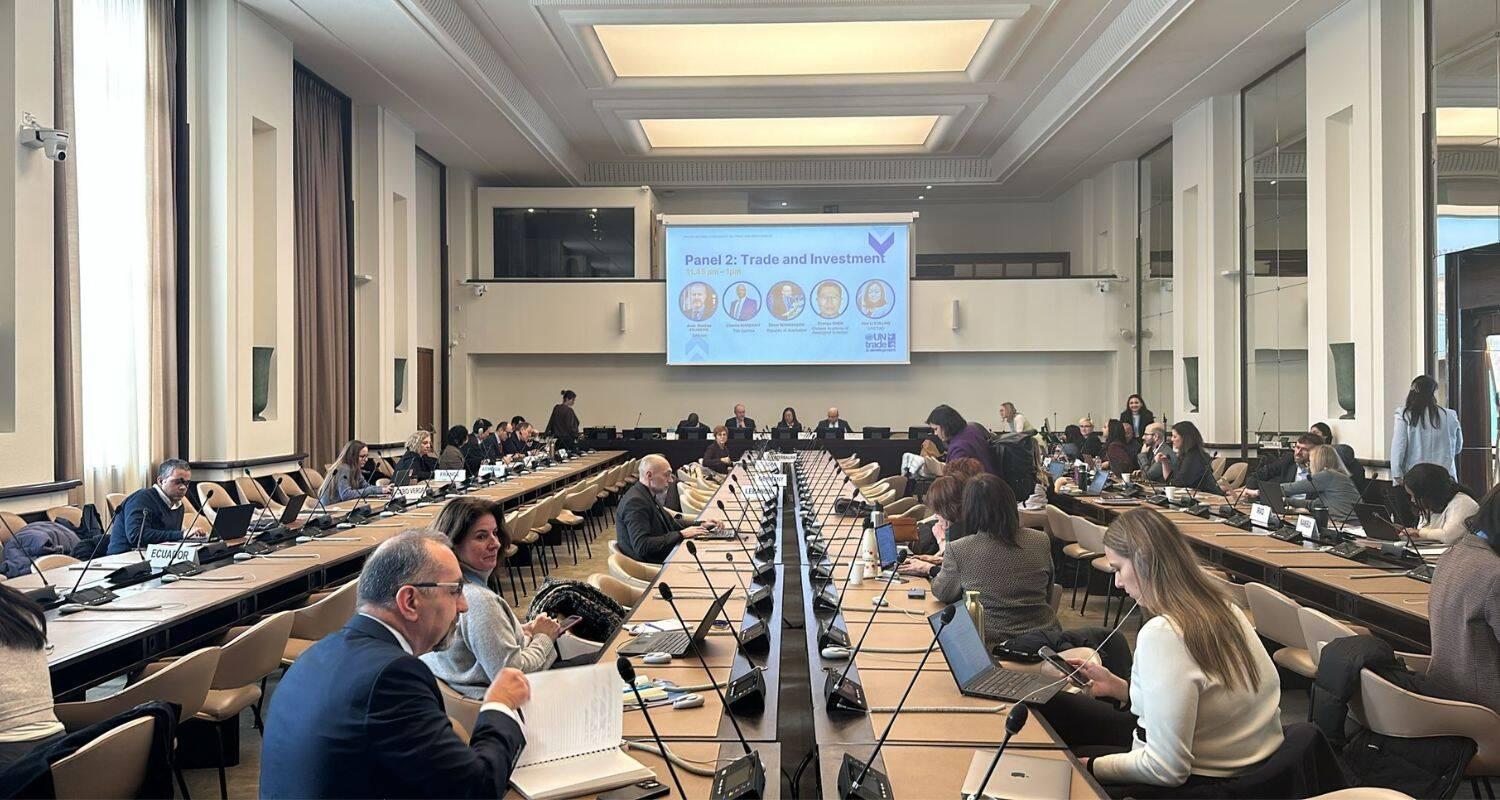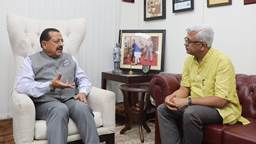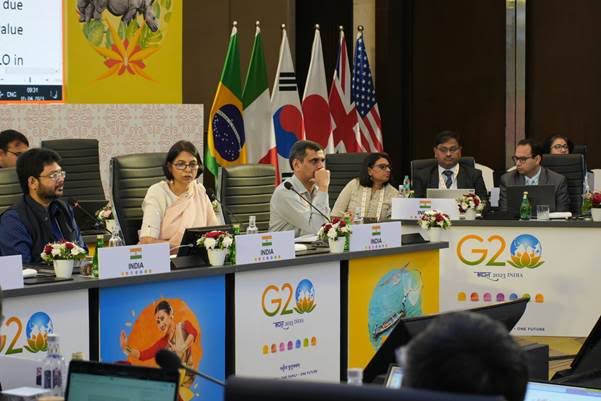India has once again taken a strong stance on the need for collective leadership in tackling the climate crisis, calling on BRICS nations to unite under the ‘Baku to Belem Roadmap’ to mobilize USD 1.3 trillion for achieving Nationally Determined Contributions (NDC) goals. The appeal came at the 11th BRICS Environment Ministers’ Meeting, held in Brasilia, Brazil, where India emphasized the urgency of a just and sustainable transition for all.
 Leading the Indian delegation, Amandeep Garg, Additional Secretary at the Ministry of Environment, Forest, and Climate Change (MoEFCC), underscored the pivotal role of BRICS in global sustainability efforts. With BRICS nations accounting for nearly half of the world’s population and over a third of global GDP, India stressed that the group’s influence must be leveraged to drive meaningful climate action and ensure environmental justice for developing economies.
Leading the Indian delegation, Amandeep Garg, Additional Secretary at the Ministry of Environment, Forest, and Climate Change (MoEFCC), underscored the pivotal role of BRICS in global sustainability efforts. With BRICS nations accounting for nearly half of the world’s population and over a third of global GDP, India stressed that the group’s influence must be leveraged to drive meaningful climate action and ensure environmental justice for developing economies.
At the heart of India’s intervention was a renewed call for climate finance, particularly through the Baku to Belem Roadmap, which seeks to secure USD 1.3 trillion to support NDCs. India urged BRICS partners to enhance climate financing mechanisms, ensuring developing nations have the necessary resources to transition to greener economies without compromising their growth aspirations.
Energy security was another key area of discussion. India reiterated its commitment to an inclusive energy mix, incorporating fossil fuels, hydrogen, nuclear, and renewables. Highlighting the Green Grids Initiative – One Sun, One World, One Grid, India showcased its leadership in advancing global renewable energy integration. Resource efficiency and the circular economy were also emphasized, with India citing the Resource Efficiency and Circular Economy Industry Coalition, launched under the G20, as a model for sustainable corporate collaboration.
The meeting also saw India reaffirm the principle of Common but Differentiated Responsibilities and Respective Capabilities (CBDR-RC) in climate negotiations. With the expansion of BRICS from five to eleven members, India stressed that the bloc’s influence in global climate governance has never been stronger. From tackling desertification and pollution to protecting biodiversity, India called for greater cooperation in addressing shared environmental challenges.
A strong emphasis was placed on climate finance, as India reiterated that the proposed USD 300 billion per year by 2035 under the New Collective Quantified Goal is inadequate. The upcoming COP30 in Brazil was highlighted as a crucial milestone in pushing for global commitments on adaptation and resilience. Additionally, India showcased its leadership in conservation efforts, citing initiatives such as the International Big Cat Alliance and the Global Biofuel Alliance as crucial steps toward a more sustainable future.
In closing, India reaffirmed its commitment to working closely with BRICS nations to foster transformative change in climate action and environmental cooperation. Expressing gratitude to Brazil for hosting the meeting, the Indian delegation stressed the importance of continued engagement and collaboration to ensure a greener, more resilient world for future generations.




